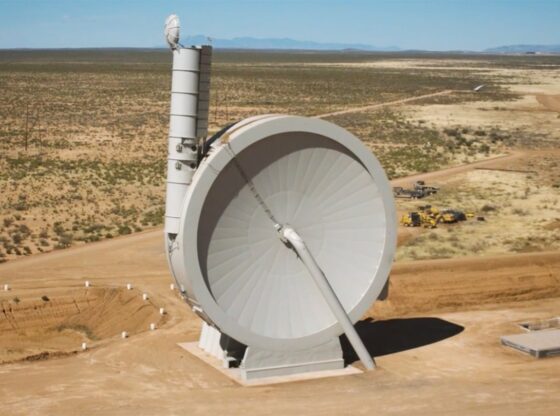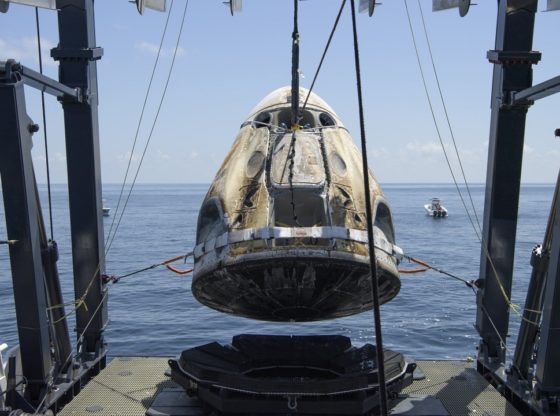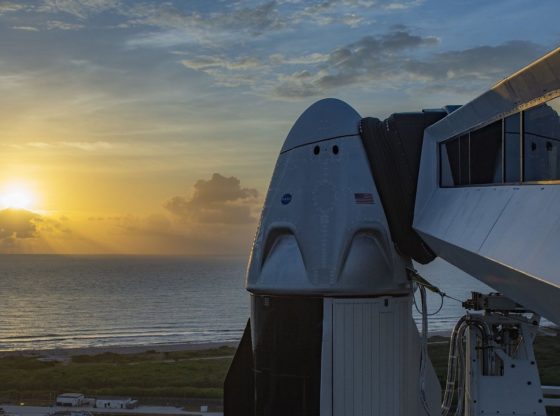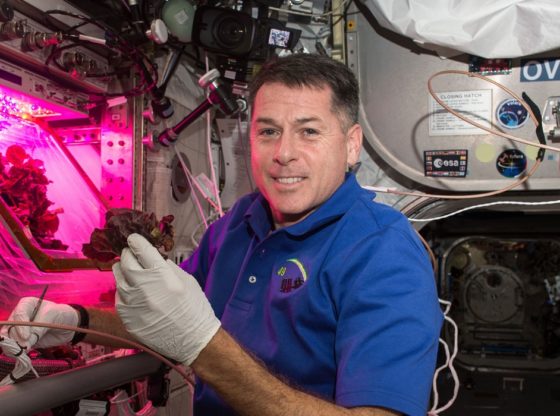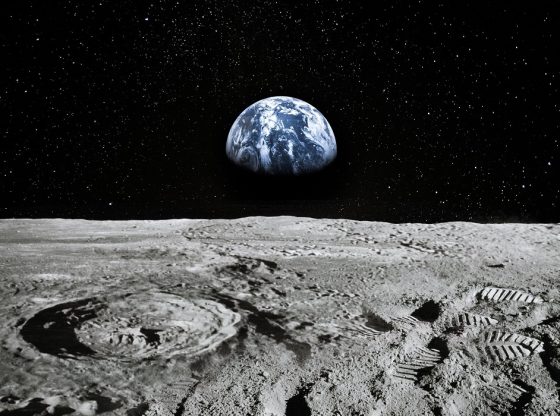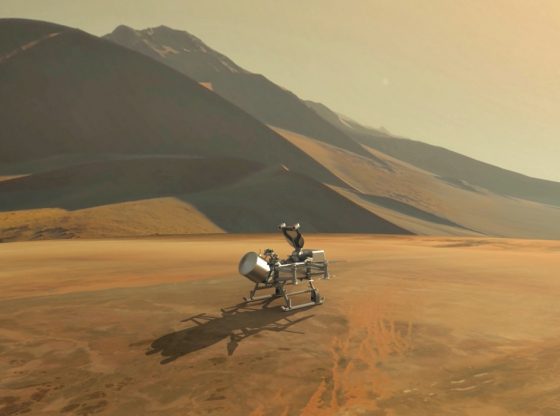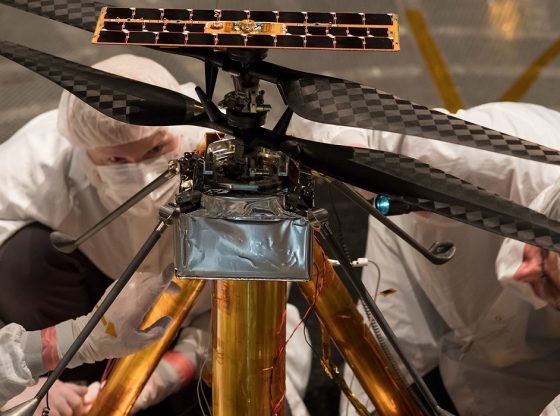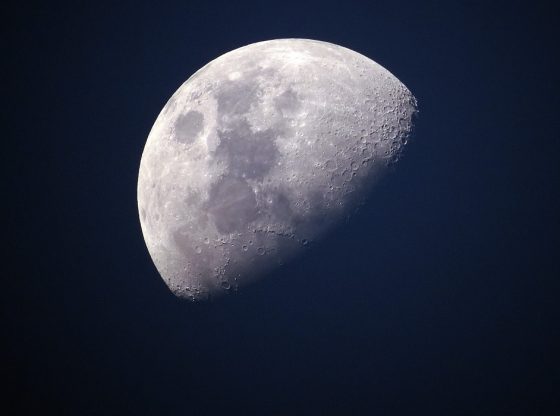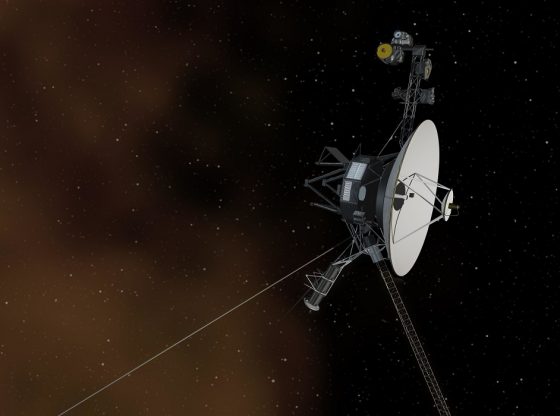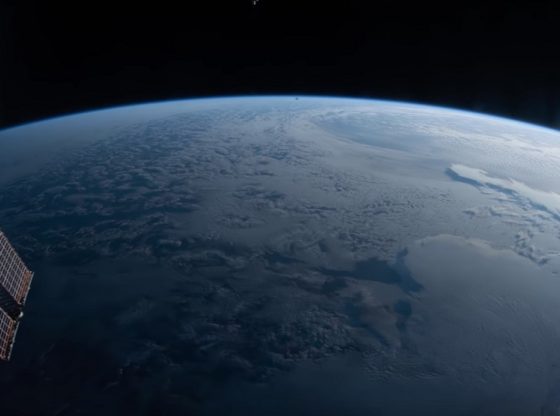
Jeff Bezos, Amazon founder and technology entrepreneur, has said he hopes to see the solar system populated by one trillion people. He is also pushing his plan to get them there.
Bezos may be best known as the CEO of Amazon, but he has previously claimed the projects he’s undertaking at Blue Origin are ‘the most important work he’s doing.’
“I won’t be alive to see the fulfillment of that long-term mission,”
“We are starting to bump up against the absolutely true fact that Earth is finite.”
– Bezos said at the Wired 25th-anniversary summit in San Francisco.
Together with SpaceX and Virgin Galactic, Blue Origin’s aim is to lower the cost of access to space. Bezos He will spend a “little more” than $1 billion next year to support Blue Origin, he said. But that many more companies are needed to really open up space for all humans and new industries.
“The dynamism that I have seen over the last 20 years in the internet where incredible things have happened in really short periods of time,”
“We need thousands of companies. We need the same dynamism in space that we’ve seen online over the last 20 years. And we can do that.”
– Bezos said.
Bezos went on to explain that space has plenty of energy and resources for future generations, but that much of it could be wasted if we don’t focus on lowering the costs of space travel. He cited the creation of reusable rockets as one way to ‘dramatically’ reduce the cost.
Two weeks ago, the U.S. Air Force selected Blue Origin and others to develop a domestic launch system prototype. The Pentagon deal awards Blue Origin $500 million for the development of the New Glenn rocket. The aim is that the US would move away from foreign propulsion systems such as the Russian-built RD-180 rocket engine.
Bezos’s Blue Origin received $500m, arms and aerospace giant Northrop Grumman will get $792m, and United Launch Alliance, a joint venture between Lockheed Martin Space Systems and Boeing Defence, Space & Security and which already provides launch services to the US government, is due to receive $967m.

